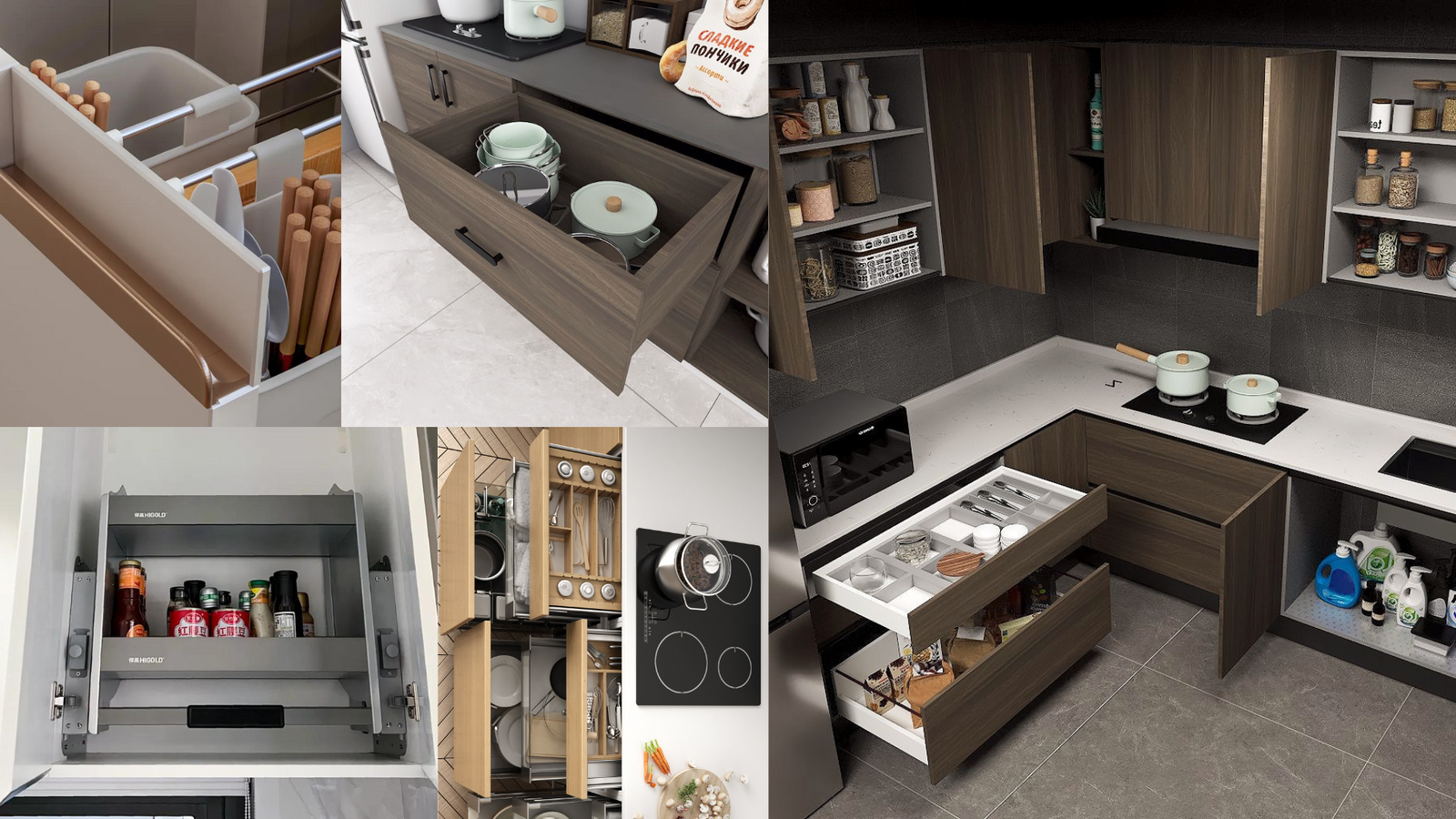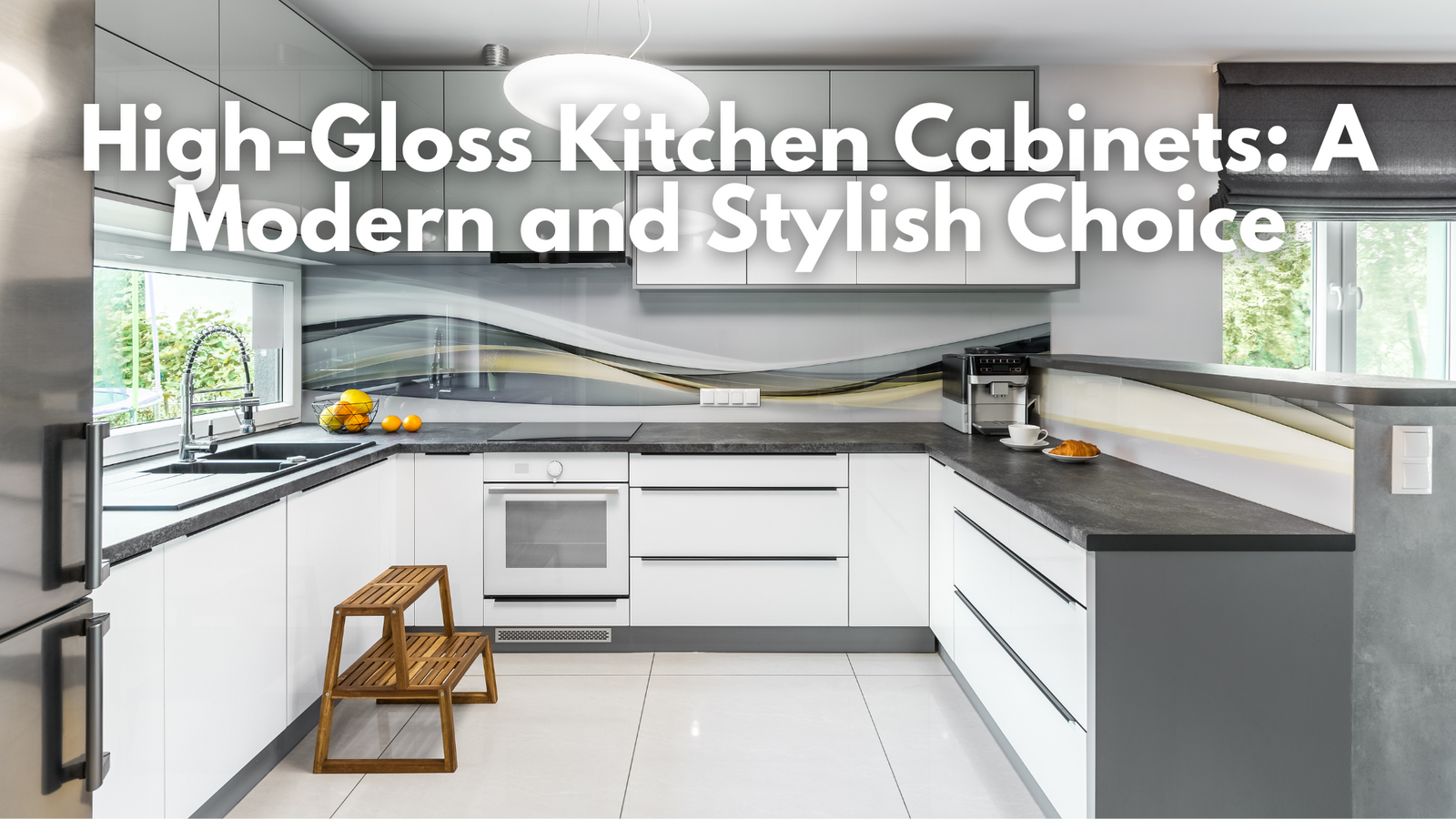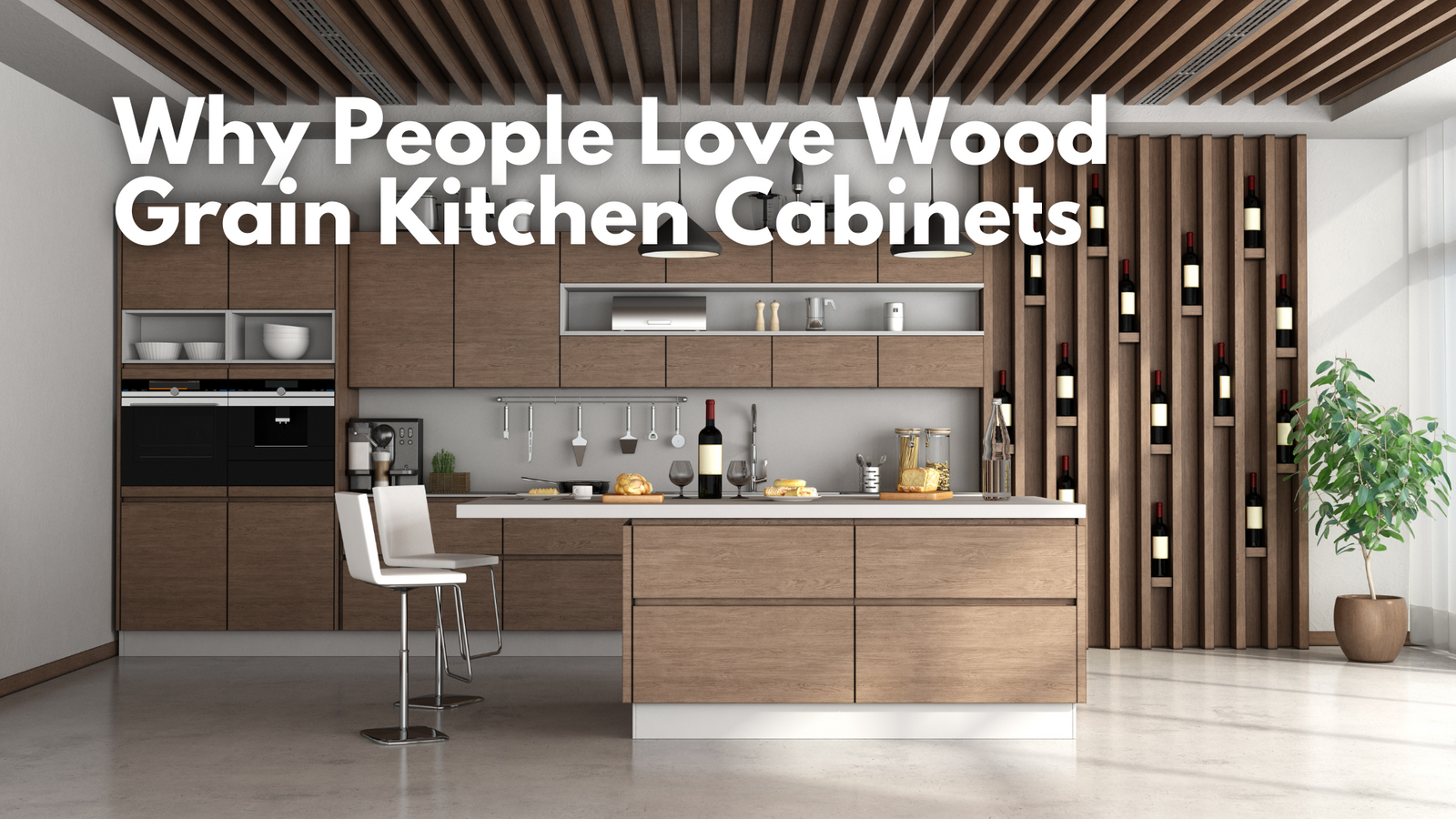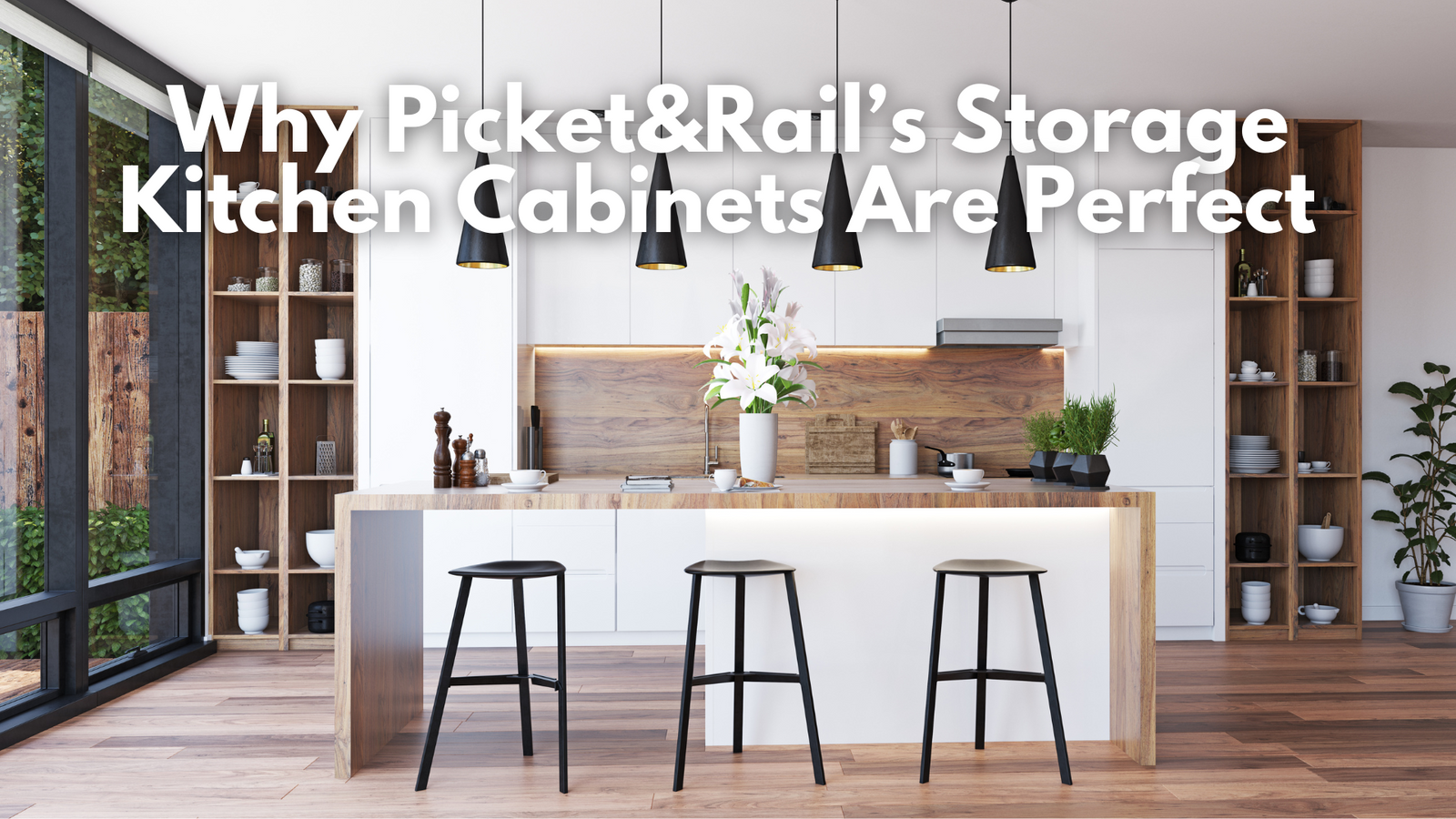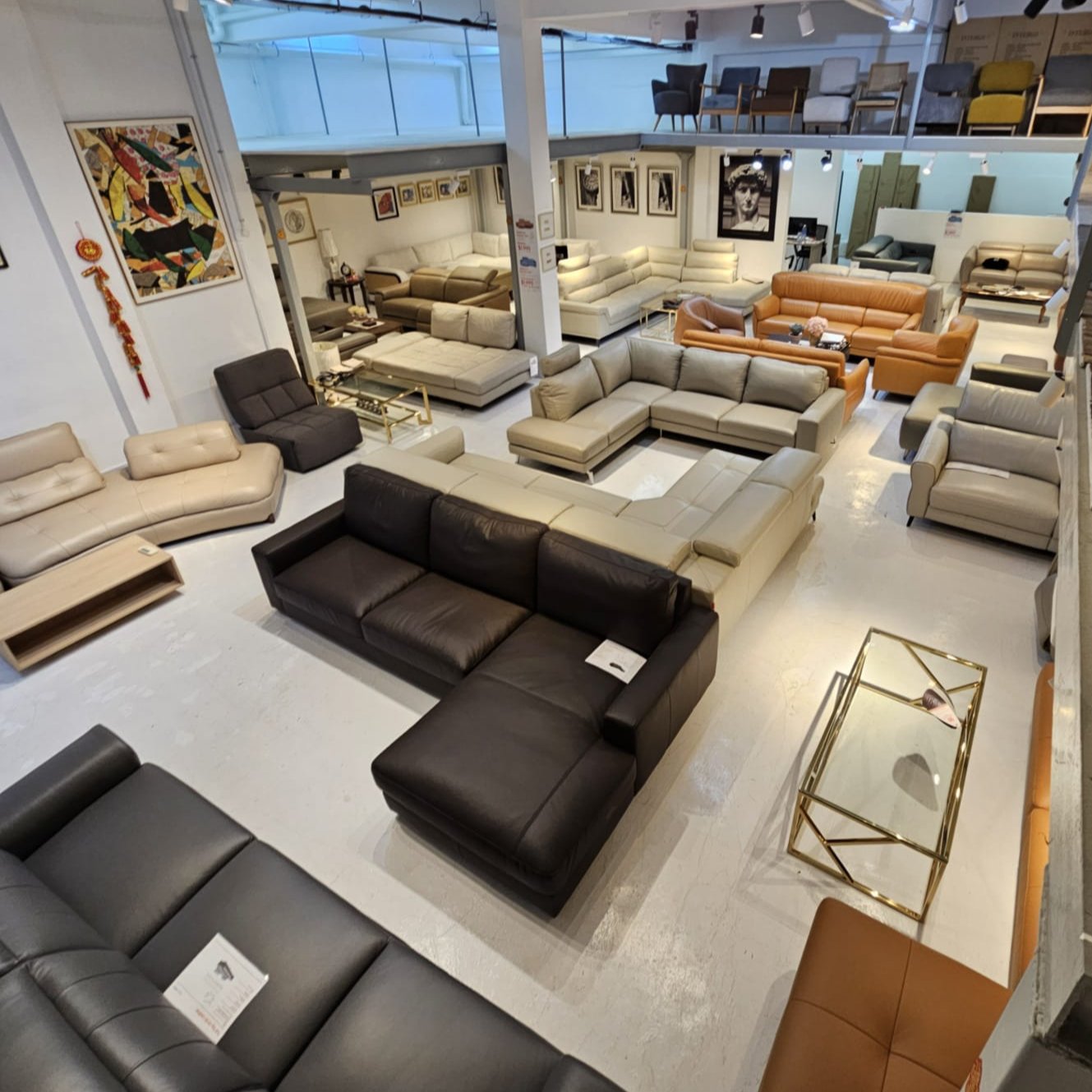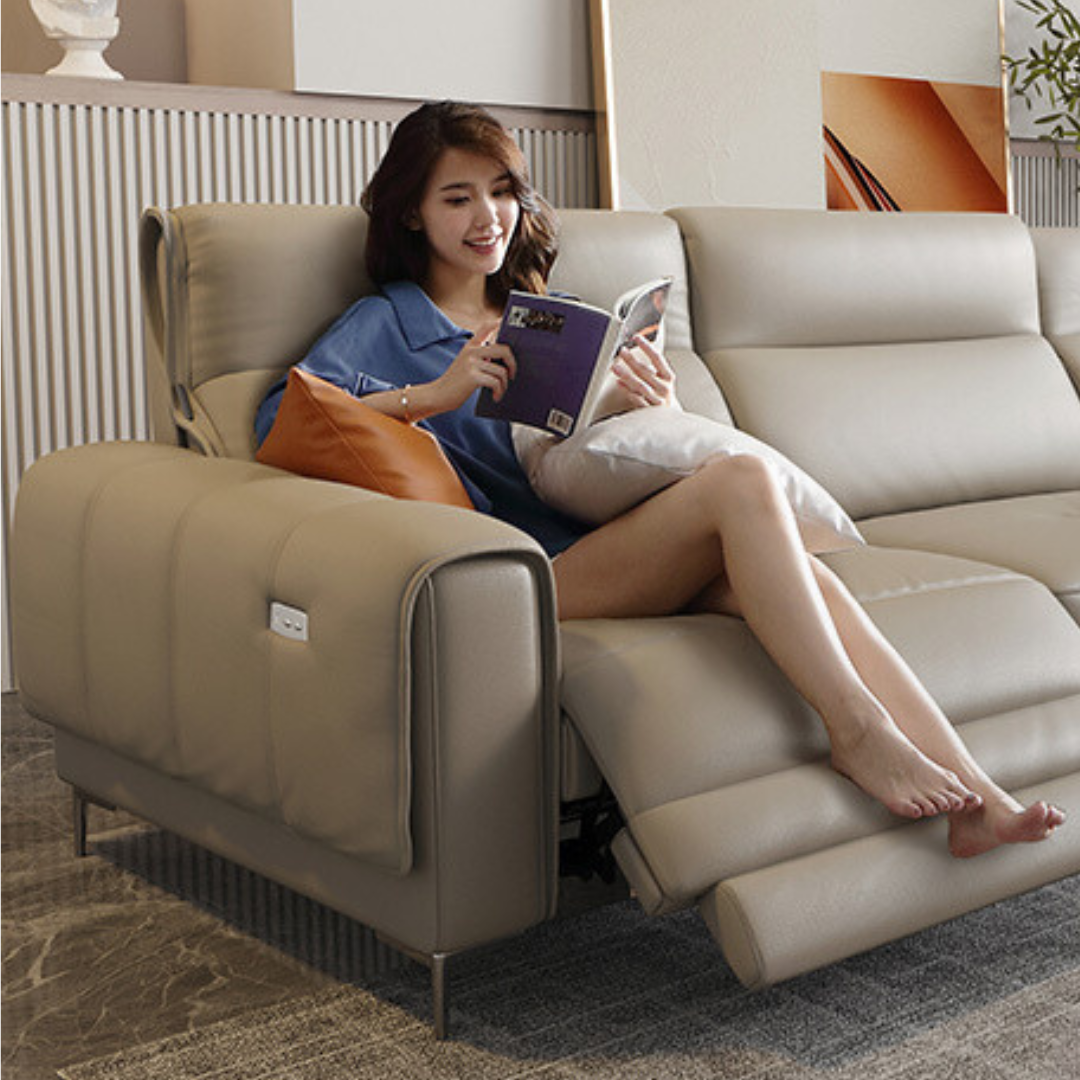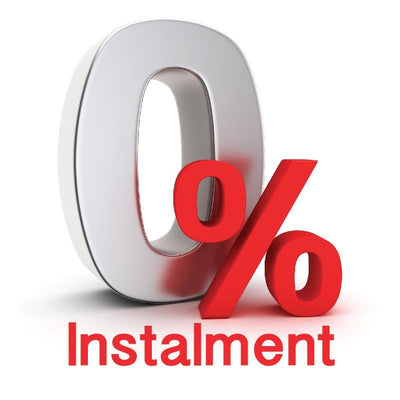High-end European kitchen cabinet brands consistently opt for engineered wood panels over traditional plywood and laminates, and for good reason. Engineered wood offers superior durability, consistency, and performance, making it an ideal choice for luxury kitchen designs. While laminates can peel and chip, and plywood often presents issues with inconsistency and warping, engineered wood delivers a stable, moisture-resistant solution that holds up better in modern kitchens. This article explores the top ten reasons why engineered wood is the preferred choice for premium kitchen cabinetry.
1. Laminates Tend to Peel and Chip
One of the primary reasons high end European kitchen cabinet brands avoid plywood with laminates is the risk of peeling and chipping over time. Laminate surfaces can wear down, especially in high-use kitchens, detracting from the cabinet’s appearance and durability.
2. Inconsistency of Plywood
Plywood can vary in quality and composition, leading to inconsistent performance. Layers in plywood can sometimes have gaps or weak points, causing structural weaknesses. Engineered wood, on the other hand, is manufactured to a more uniform standard, ensuring consistent quality.
3. Engineered Wood Offers Greater Stability
Engineered wood panels are designed to provide superior stability, resisting warping and bending over time. In comparison, plywood can be prone to expansion or contraction with changes in temperature and humidity, leading to misaligned cabinets.
4. Enhanced Durability of Engineered Wood
Engineered wood panels are often denser and more durable than plywood, giving high-end cabinets a longer lifespan. These panels are better suited to handle the daily wear and tear of a busy kitchen without compromising structural integrity.
5. Better Surface for Finishing
The smooth and uniform surface of engineered wood provides a better base for finishes, whether it's paint, veneer, or other coatings. Plywood, on the other hand, may have uneven grain patterns that require extra work to achieve a smooth finish.
6. Environmentally Friendly Options
Engineered wood is often made from recycled wood fibers and other materials, making it a more environmentally sustainable choice. High-end European brands prefer this eco-conscious material, as it aligns with modern sustainable practices, unlike plywood, which requires larger cuts of natural wood.
7. Engineered Wood Panels Resist Moisture Better
Engineered wood panels are often treated to resist moisture, reducing the risk of swelling or warping in humid kitchen environments. Plywood, though strong, can absorb moisture through its layers, leading to long-term damage.
8. Consistent Performance Over Time
Because engineered wood is manufactured with precise specifications, it delivers consistent performance over time. Plywood can be unpredictable in how it ages, while engineered wood provides more predictable longevity, crucial for high-end kitchen brands aiming for lasting quality.
9. Cost-Effective Without Sacrificing Quality
While engineered wood is typically more affordable than high-quality plywood, it doesn't compromise on strength or appearance. This allows high-end European brands to offer superior kitchen cabinets that meet strict quality standards without inflating costs unnecessarily.
10. Better Sound and Vibration Dampening
Engineered wood panels offer better sound insulation and vibration dampening compared to plywood. This feature is particularly appealing in open-plan kitchens, where noise reduction is a valued asset for maintaining a quiet and comfortable living environment.
Conclusion
For high-end European kitchen cabinet brands, engineered wood panels offer a superior alternative to plywood and laminates. From greater durability and stability to enhanced moisture resistance and sustainability, engineered wood meets the demands of luxury kitchen designs without the downsides of plywood’s inconsistencies or laminates' tendency to peel.
Top Kitchen Cabinet Questions
- Can Custom Built-In Kitchen Cabinets Be Designed to Fit Specific Kitchen Layouts and Dimensions?
- Are There Any Special Considerations or Limitations When Installing Custom Built-In Kitchen Cabinets?
- Are There Any Maintenance or Care Requirements for Custom Built-In Kitchen Cabinets?
- What Are Some Popular Design Trends or Features for Custom Built-In Kitchen Cabinets?
- What are Custom Built-In Kitchen Cabinets?
Follow our facebook page for the latest deals.

